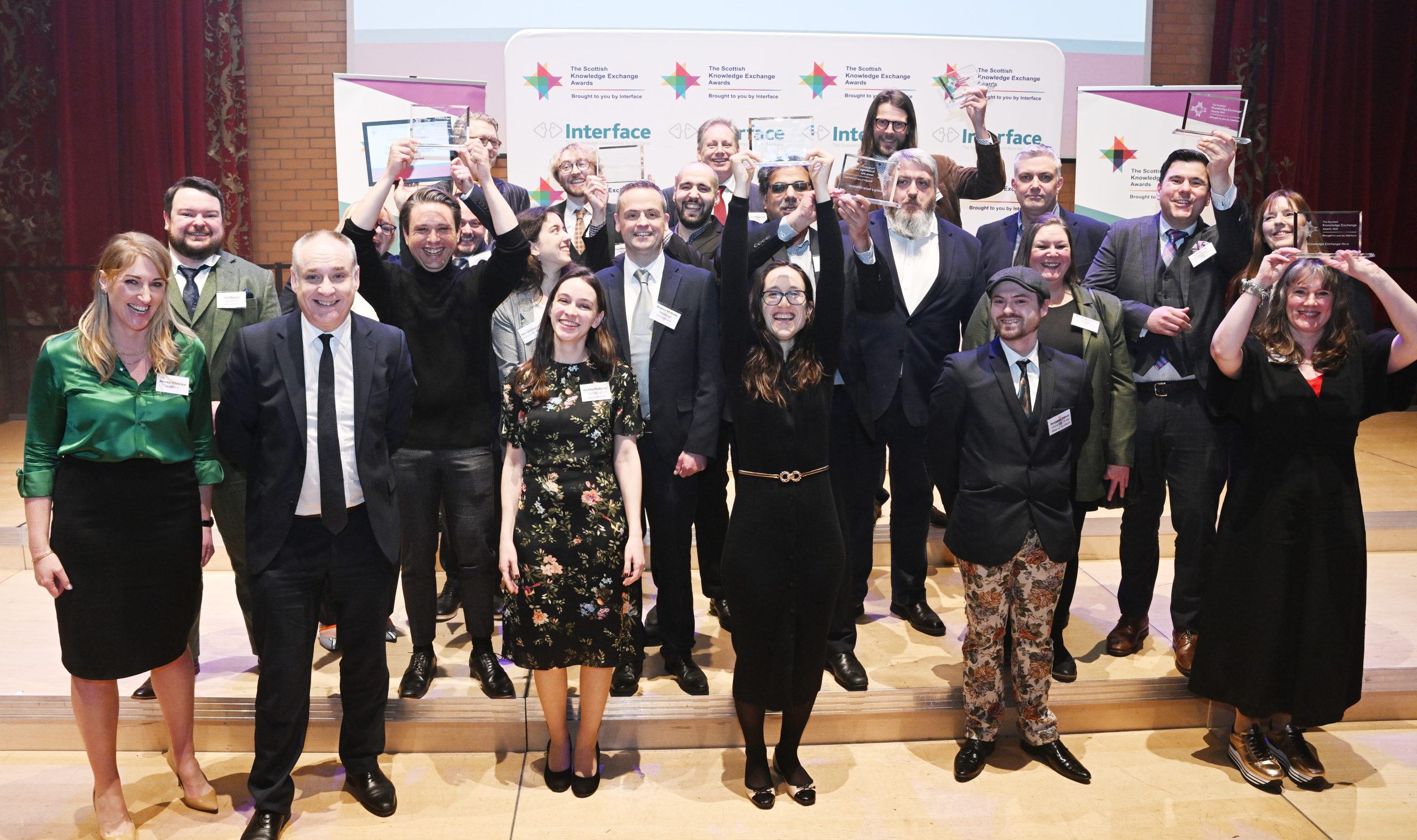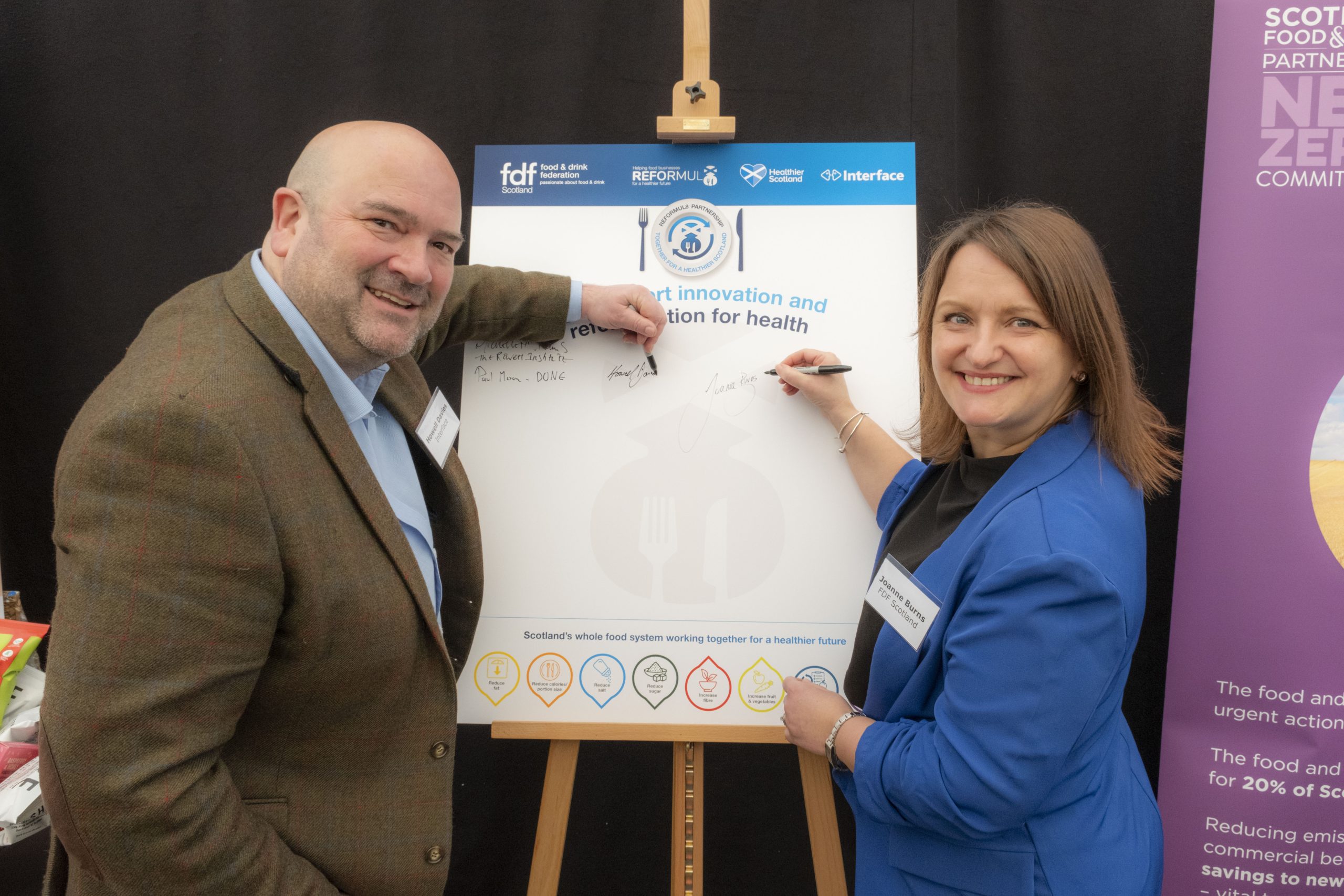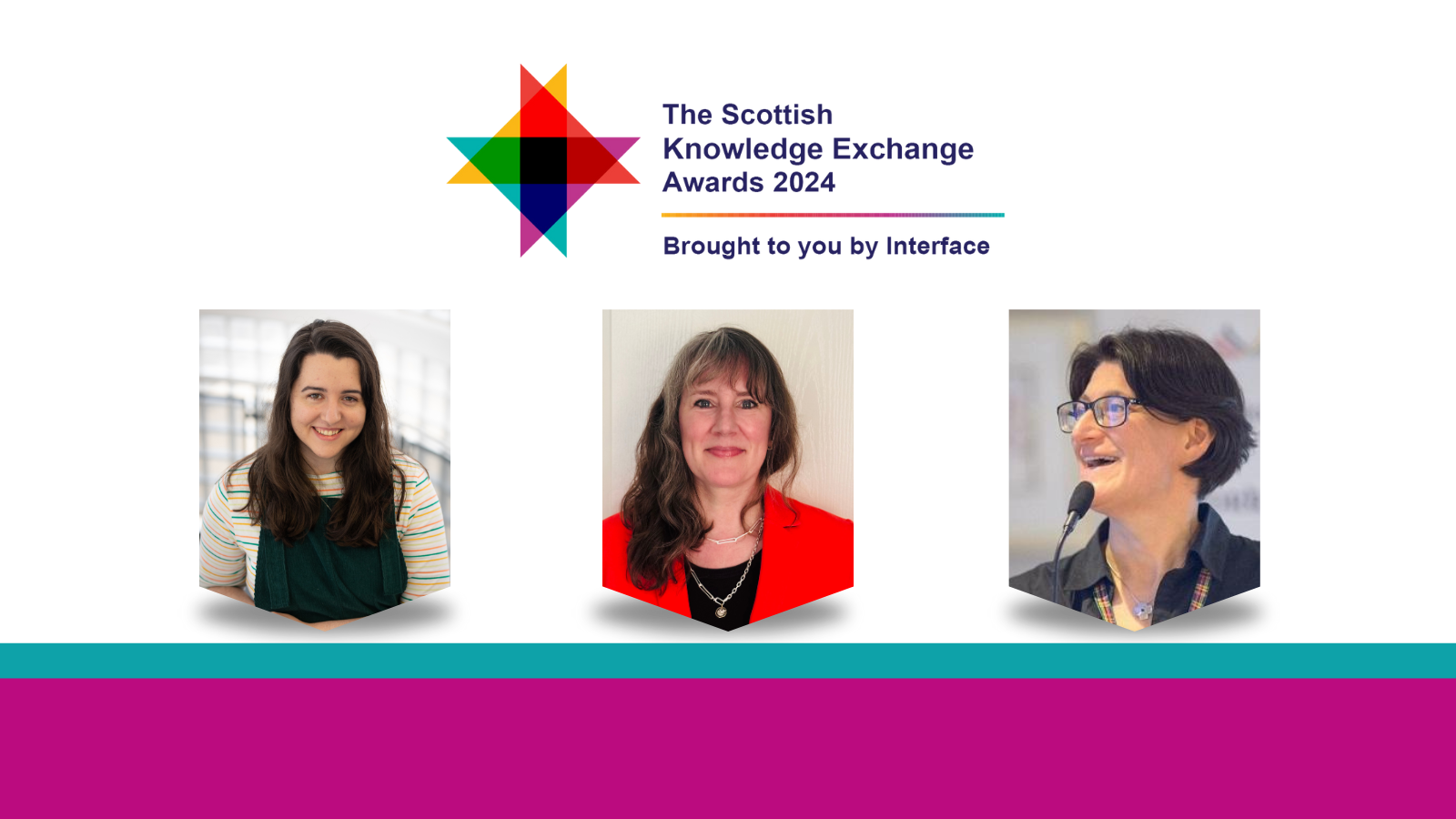Post
Tapping into world-class expertise

Many people’s idea of engaging with universities and research institutions is to undertake research and development, however this is just one of the ways in which entrepreneurs can tap into the world-class expertise available to them in Scotland.
Yes, applied research is an important aspect of the work of universities and research institutions in engaging with commercial enterprises; often a win-win partnership with each partner learning from the other (which is why it’s often called knowledge exchange).
However, Interface works with universities and research institutes in a number of different ways to match businesses with academic partners to stimulate innovation and strengthen the economy.
Working with a group of students has proved to be inspiring for many companies, who soon discover that fresh thinking can be hugely beneficial to their business.
One company which Interface matched with students studying at the University of Edinburgh is Healthy Nibbles, which supplies the UK’s first dedicated healthy vending machines and subscription snack boxes filled with nutritional super foods.
Two groups of students worked with company founder Sara Roberts to develop a new line of products. They researched the competition, the company’s existing products and market, came up with a product of interest to new customers, produced marketing material and presented their findings to Sara as an agency might pitch for new business.
Sara shared her experience, saying that the students were really professional and took the time to understand her business. She said:
“In a small business it is great to get an external pair of eyes. The students created the idea of a Chocoholics box, which we implemented. It has been well received by our customers.”
Working with a student has given Emma Currie, founder of Edinburgh-based Acting Up, access to “Generation Y” skills which her business was lacking.
Emma employed a student studying an MSc in Human Resources for a short-term project. However, the student’s skill-set proved so useful she helped with other aspects of the business (which tackles behavioural change in the workplace through film and theatre) and Emma offered her further employment once she graduated. Emma explained:
“I imagined that the company needed someone with more experience, but I realised how differently younger people can think. As well as doing her dissertation, Emmanuelle helped with our newsletter, which we were struggling with technically. She had it sorted within 20 minutes.”
For longer-term involvement with a student, Knowledge Transfer Partnerships (KTPs) can be an excellent way of tapping into university knowledge; and the outcomes can be impressive.
Laura Kreiling, a KTP Associate from the University of Strathclyde, undertook a 24-month project to improve engineering resource estimation at Alexander Dennis Ltd, UK’s leading bus and coach manufacturer.
Among other improvements, she developed a new approach that cut a manual estimation process from up to five days to just 30 minutes, saving the company £166,500 a year.
The collaboration resulted in improved competitiveness, sales growth and profitability with an expected saving of £500,000 in new product development spend over 3 years.
Laura’s contributions were recognised outwith the business too: she won the Building Skills category in the Scottish Knowledge Exchange Awards in February for postgraduate students or Knowledge Transfer Partnership Associates who have worked within a business on a specific project to increase innovation within the company.
Individual businesses in the food and drink industry have discovered that banding together can result in a bigger impact. Interface Food & Drink is involved with a number of Common Interest Groups, such as a reformulation group which aims to make food products healthier. These groups of business work together – despite often being in direct competition – on collaborative projects with academics which they would find difficult to fund individually.
Funding, which is available to companies individually, can also be pooled by groups of businesses like the Common Interest Groups to fund larger collaborative projects.
Businesses that collaborate to access academic expertise will often work with academics again and Interface is well positioned to match these businesses with more than one university.
Marine Biopolymers Ltd worked with Universities of Strathclyde and Edinburgh to develop a new process to manufacture alginate from seaweed – a product used to thicken food such as olive oil spread and ice cream.
In summary, there are endless possibilities in the way in which businesses can engage with universities and research institutions. Which will you choose in order to create or safeguard jobs, grow your company, reach new markets or increase turnover or profitability?
This article first appeared in the Friends of the Scotsman



